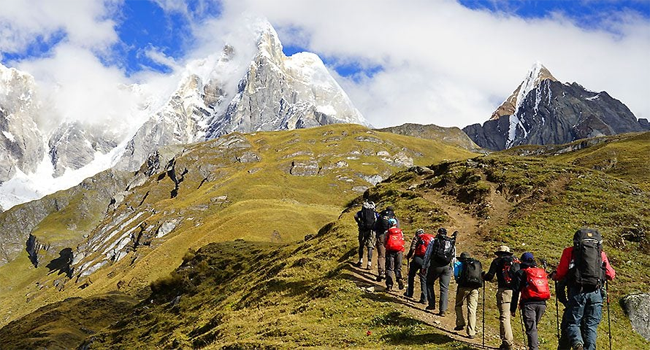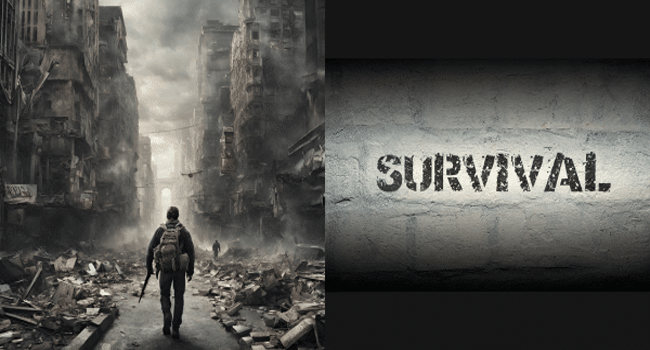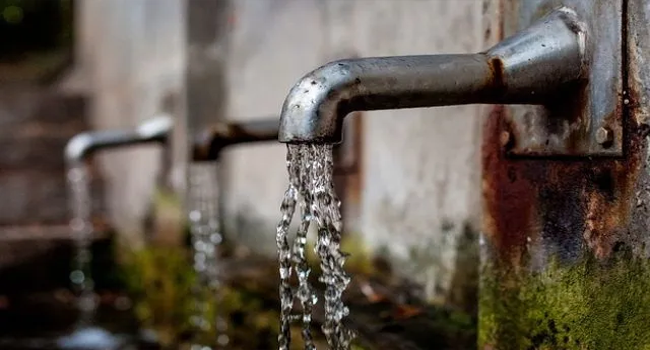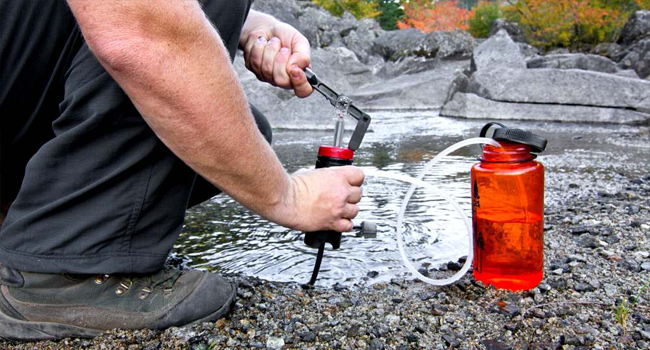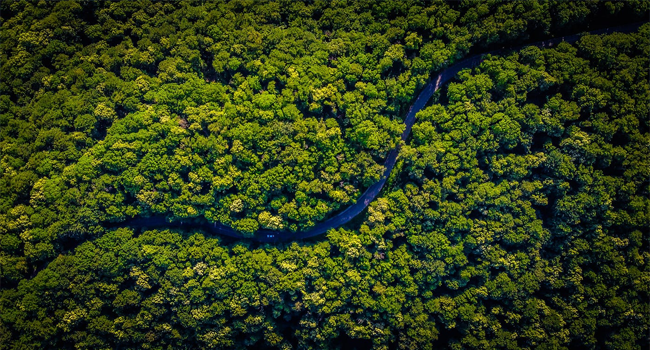
[ad_1]
Water sourcing is an essential aspect of emergency preparedness that is often overlooked. In times of crisis, access to clean and safe drinking water becomes a critical need for survival. Whether it’s a natural disaster, a power outage, or a breakdown in the public water supply, having a reliable water source is vital for the health and well-being of individuals and communities.
The importance of water sourcing in emergency preparedness cannot be overstated. Without access to clean drinking water, there is a heightened risk of dehydration, waterborne diseases, and a decline in overall health. In the event of an emergency, it is crucial to have a plan in place for obtaining and storing water to ensure the proper hydration and sanitation needs of everyone involved, including pets and livestock.
Whether you are preparing for a short-term power outage or a prolonged emergency situation, having a well-thought-out water sourcing plan is essential. Here are a few key reasons why water sourcing is crucial in emergency preparedness:
1. Availability of Clean Water: In times of crisis, the availability of clean and safe drinking water may be limited. Having a plan in place to access and purify water from natural sources such as rivers, lakes, or groundwater can be lifesaving. It is important to have the necessary tools and knowledge to purify water, such as water filters, purification tablets, or boiling methods.
2. Resilience in Disrupted Water Systems: Natural disasters, such as hurricanes, floods, or earthquakes, can disrupt public water systems, causing contamination and scarcity of drinking water. Having alternative water sources, such as stored water, rainwater harvesting systems, or wells, can provide resilience in the face of disrupted water infrastructure.
3. Sustainability and Self-Reliance: In emergency situations, reliance on external assistance may be limited. Having a sustainable water sourcing plan allows individuals and communities to be self-reliant and reduces the strain on emergency response resources. This can also help in reducing the impact on the environment by reducing the need for bottled water or other unsustainable water sources.
4. Health and Hygiene: Access to clean water is essential for maintaining personal hygiene and sanitation, especially in emergency shelters or evacuation centers. Poor hygiene and sanitation can lead to the spread of diseases and infections, making access to clean water even more critical during emergencies.
5. Livestock and Agriculture: For those living in rural areas or with livestock and agricultural needs, having a reliable water source becomes even more crucial. Livestock, pets, and crops also require access to clean water for their health and well-being. Including them in your emergency water sourcing plan is essential for their survival as well.
In conclusion, the importance of water sourcing in emergency preparedness cannot be overstated. Access to clean and safe drinking water is a fundamental need for survival, and having a well-thought-out water sourcing plan is essential for individuals and communities in times of crisis. By considering alternative water sources, ensuring sustainability, and being self-reliant in water provision, we can better prepare for and respond to emergency situations. It is essential to plan, prepare, and prioritize water sourcing in emergency preparedness to ensure the safety and well-being of all involved.
[ad_2]
